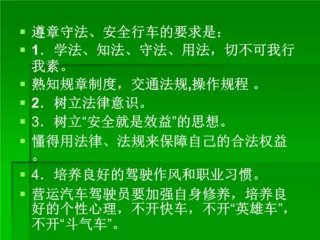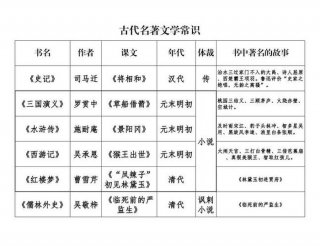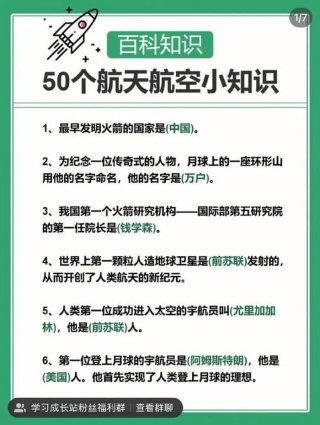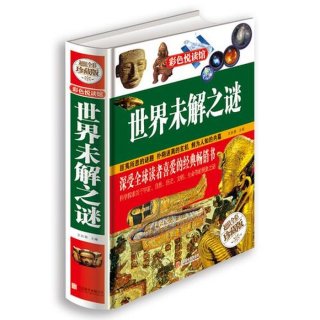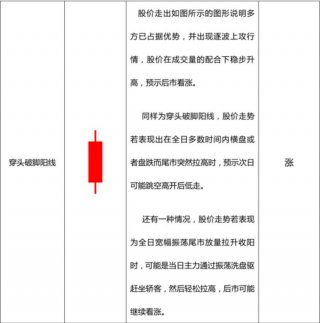3000个常用英语单词,英语常用口语
-
3000个,常用,英语,单词,口语,Article,Summ

- 知识-自由百科知识生网
- 2024-05-10 18:00
- 自由百科知识网
3000个常用英语单词,英语常用口语 ,对于想学习百科知识的朋友们来说,3000个常用英语单词,英语常用口语是一个非常想了解的问题,下面小编就带领大家看看这个问题。
Article Summary
This article provides a comprehensive overview of 3000 common English words and popular English phrases used in everyday conversations. The article is divided into six sections, each focusing on a different aspect of these words and phrases. The first section explores the importance of vocabulary in language learning. The second section discusses common greetings and introductions. The third section covers expressions for asking and giving directions. The fourth section delves into vocabulary related to food and dining. The fifth section explores idiomatic expressions and slang. Finally, the last section provides a summary and conclusion, emphasizing the significance of mastering these 3000 words and phrases for effective communication in English.
The Importance of Vocabulary in Language Learning

Effective communication in any language relies heavily on vocabulary. The more words one knows, the better they can express themselves and understand others. Building a solid vocabulary foundation is essential for language learners, as it allows them to comprehend and participate in conversations more confidently.
One way to expand vocabulary is through exposure to common English words and phrases. By regularly reading books, listening to podcasts, or watching movies in English, learners can expose themselves to a wide range of vocabulary and improve their language skills.
Additionally, utilizing vocabulary learning techniques such as flashcards, word association, and context-based learning can greatly enhance one's ability to remember and use new words effectively.
Greetings and Introductions
Greetings and introductions are fundamental in establishing connections and initiating conversations. Common phrases like "Hello," "Hi," and "How are you?" are used to greet others. Introductions often involve stating one's name and asking for the other person's name. Polite phrases like "Nice to meet you" and "Pleased to make your acquaintance" are also commonly used. Understanding and using these phrases appropriately can create a positive impression and facilitate smooth interactions.
Asking and Giving Directions
Knowing how to ask for and give directions is crucial when navigating unfamiliar places. Expressions such as "Excuse me, could you tell me how to get to..." and "Which way is the nearest..." are commonly used when seeking directions. Responses may include phrases like "Go straight," "Turn left/right," and "It's on your left/right." Familiarizing oneself with these expressions can help individuals confidently navigate new environments.
Food and Dining Vocabulary
Food-related vocabulary is essential for ordering meals, discussing preferences, and understanding menus in restaurants. Common terms include "appetizer," "main course," "dessert," and "beverage." Additionally, knowing how to express dietary restrictions or preferences, such as "vegetarian," "gluten-free," or "spicy," can ensure a pleasant dining experience. Learning these words and phrases allows individuals to confidently navigate culinary situations.

Idiomatic Expressions and Slang
Idiomatic expressions and slang add color and depth to everyday conversations. These phrases are often unique to specific regions or communities and may not have a literal translation. Examples include "break a leg" (good luck), "hit the sack" (go to bed), and "hang out" (spend time together). Familiarizing oneself with idiomatic expressions and slang can help learners understand and participate in informal conversations more effectively.
Summary and Conclusion
Mastering the 3000 common English words and phrases discussed in this article is crucial for effective communication in English. Building a strong vocabulary foundation, understanding greetings and introductions, asking and giving directions, food and dining vocabulary, idiomatic expressions, and slang are all key aspects of language learning. By actively incorporating these words and phrases into daily practice, learners can enhance their language skills and confidently engage in conversations with native English speakers.
以上是关于3000个常用英语单词,英语常用口语的介绍,希望对想学习百科知识的朋友们有所帮助。
本文标题:3000个常用英语单词,英语常用口语;本文链接:http://yszs.weipeng.cc/zs/535095.html。
猜你喜欢
- 3000个文学常识、人文知识竞赛题库500题 2024-05-10
- 100个常用生活常识题 生活常识1000题选择题 2024-05-09
- 英语有趣的小知识;爆笑趣味英语小知识 2024-05-08
- 生活日常用品 - 居家日用百货有哪些产品 2024-05-06
- 办公word常用知识;Office办公软件 2024-05-01
- 关于科技的英文 - 科技英语怎么写 2024-04-30
- 英语语音知识包括什么 - 英语语音知识词汇教学的核心 2024-04-28
- 英语语法基础知识大全 - 初中英语语法知识汇总 2024-04-28
- 知识的意义很难掌控英语翻译 不仅可以增长知识而且开阔眼界英语 2024-04-25
- 知识改变命运英语、他的精神英文翻译 2024-04-25


